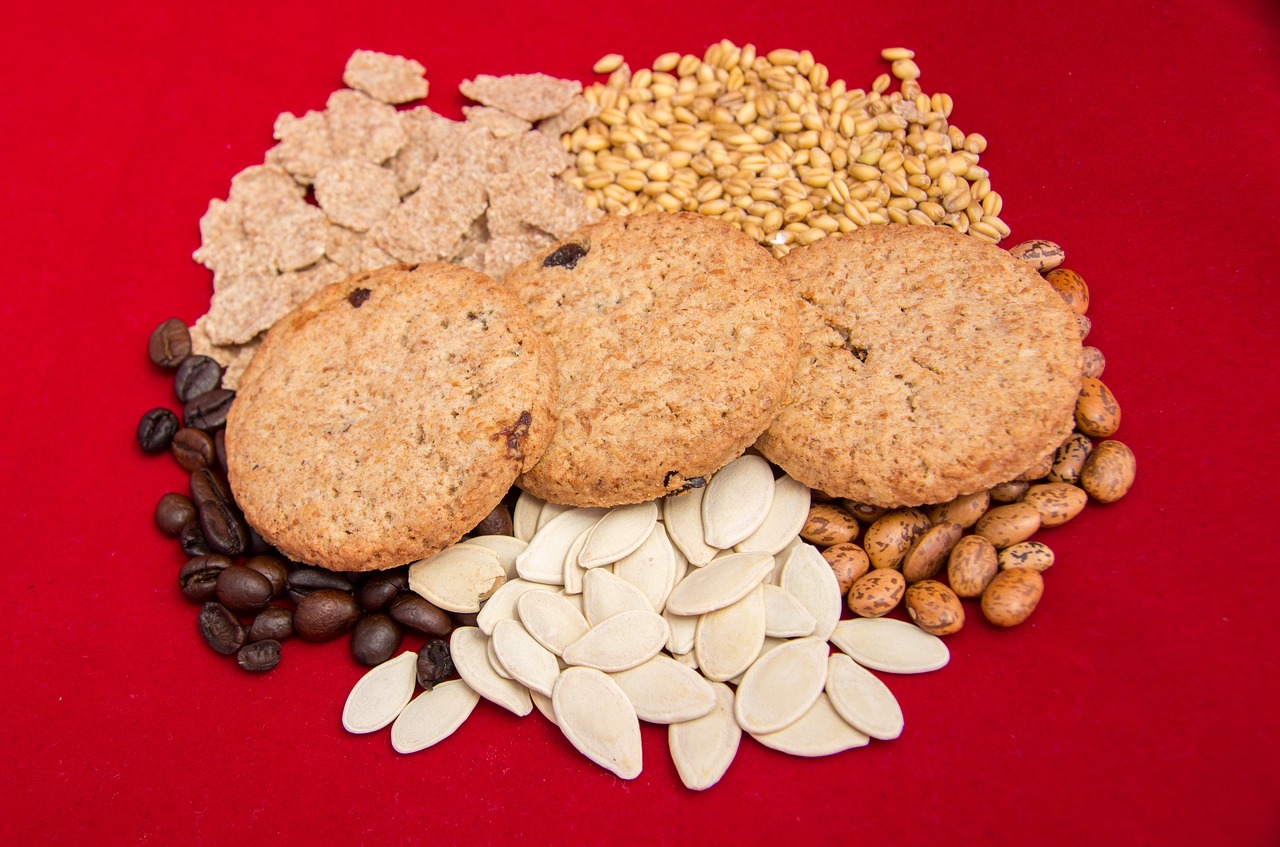Have you ever wondered about the benefits of eating nutrient-dense foods? In this article, we will explore the numerous advantages of incorporating nutrient-dense foods into your diet. From improved overall health to increased energy levels, there are countless reasons why prioritizing nutrient-dense foods is essential for your well-being.

What are Nutrient Dense Foods?
Nutrient-dense foods are those that provide a high amount of vitamins, minerals, and other essential nutrients relative to their calorie content. These foods are packed with essential nutrients that are vital for optimal health and well-being. By focusing on nutrient-dense foods, you can ensure that your body is receiving the essential nutrients it needs to function at its best.
Why choose Nutrient Dense Foods?
Choosing nutrient-dense foods over processed or low-nutrient options can have a significant impact on your overall health. Nutrient-dense foods are rich in essential vitamins and minerals that are critical for maintaining optimal health. By prioritizing these foods, you can support your body’s immune system, improve your energy levels, and support your overall well-being.
The Benefits of Eating Nutrient Dense Foods
Eating a diet rich in nutrient-dense foods offers a wide range of benefits for your health and well-being. From improved digestion to increased energy levels, here are some of the key benefits of incorporating more nutrient-dense foods into your diet.
Improved Digestion
Nutrient-dense foods are packed with fiber, which is essential for maintaining healthy digestion. Foods like fruits, vegetables, whole grains, and legumes are excellent sources of fiber, which can help promote regularity and prevent constipation. By including more of these foods in your diet, you can support healthy digestion and improve your overall gut health.
Increased Energy Levels
Nutrient-dense foods provide your body with the essential vitamins and minerals it needs to function at its best. By fueling your body with nutrient-dense foods, you can support sustained energy levels throughout the day. These foods can help prevent energy crashes and keep you feeling energized and focused all day long.
Weight Management
Nutrient-dense foods are typically lower in calories than processed or low-nutrient options, making them an excellent choice for weight management. By filling up on nutrient-dense foods, you can satisfy your hunger while consuming fewer calories. This can help support healthy weight loss or maintenance and prevent overeating.
Improved Immune Function
Nutrient-dense foods are rich in essential vitamins and minerals that support a healthy immune system. Nutrients like vitamin C, vitamin D, zinc, and antioxidants are critical for maintaining optimal immune function. By including more of these nutrient-dense foods in your diet, you can strengthen your immune system and reduce your risk of illness.
Enhanced Mood and Mental Clarity
Nutrient-dense foods not only support physical health but also mental well-being. Certain nutrients, such as omega-3 fatty acids, B vitamins, and magnesium, are essential for brain function and mood regulation. By prioritizing these foods, you can support mental clarity, improve your mood, and reduce feelings of anxiety or depression.
Reduced Risk of Chronic Disease
Eating a diet rich in nutrient-dense foods has been linked to a reduced risk of chronic diseases, such as heart disease, diabetes, and cancer. Nutrient-dense foods are packed with antioxidants, anti-inflammatory compounds, and other nutrients that can help protect against oxidative stress and inflammation, both of which are key contributors to chronic disease.
How to Incorporate Nutrient Dense Foods Into Your Diet
Incorporating more nutrient-dense foods into your diet doesn’t have to be complicated. By making a few simple changes to your eating habits, you can start reaping the benefits of a diet rich in essential nutrients.
Include a Variety of Fruits and Vegetables
Fruits and vegetables are some of the most nutrient-dense foods available, so make sure to include a wide variety of colors and types in your diet. Aim to fill half of your plate with fruits and vegetables at each meal to ensure you are getting a good mix of essential nutrients.
Choose Whole Grains Over Refined Grains
Whole grains, such as brown rice, quinoa, oats, and whole wheat, are much more nutrient-dense than refined grains like white bread and pasta. Choose whole grains whenever possible to increase your intake of essential nutrients like fiber, vitamins, and minerals.
Include Lean Protein Sources
Protein is an essential nutrient that is vital for many functions in the body. Choose lean sources of protein, such as chicken, turkey, fish, tofu, or legumes, to support muscle growth, repair, and overall health. Including a source of protein at each meal can help you feel full and satisfied while supporting your body’s needs.
Incorporate Healthy Fats
Healthy fats, such as those found in avocados, nuts, seeds, and olive oil, are important for brain health, hormone production, and overall well-being. Include these sources of healthy fats in your diet to support optimal health and ensure you are getting a good balance of essential fatty acids.
Limit Processed Foods and Added Sugars
Processed foods and added sugars are often low in essential nutrients and high in unhealthy fats, sugars, and empty calories. Limit your intake of these foods and focus on whole, nutrient-dense options to support your overall health and well-being.
Nutrient Dense Foods to Add to Your Grocery List
If you’re looking to start incorporating more nutrient-dense foods into your diet, here are some key options to add to your grocery list. These foods are packed with essential nutrients and can help support your overall health and well-being.
| Nutrient Dense Food | Benefits |
|---|---|
| Spinach | High in iron, vitamin K, and antioxidants |
| Salmon | Excellent source of omega-3 fatty acids and protein |
| Blueberries | Rich in antioxidants and vitamin C |
| Almonds | Good source of healthy fats, fiber, and protein |
| Quinoa | High in protein, fiber, and essential minerals |
| Sweet Potatoes | Packed with vitamins A and C, fiber, and antioxidants |
By including a variety of these nutrient-dense foods in your diet, you can ensure that your body is receiving the essential nutrients it needs to thrive.

Conclusion
Incorporating more nutrient-dense foods into your diet is a simple and effective way to support your overall health and well-being. By prioritizing nutrient-dense options like fruits, vegetables, whole grains, lean proteins, and healthy fats, you can ensure that your body is getting the essential nutrients it needs to function at its best. From improved digestion to increased energy levels, the benefits of eating nutrient-dense foods are plentiful. Start making small changes to your eating habits today and reap the benefits of a diet rich in essential nutrients.








